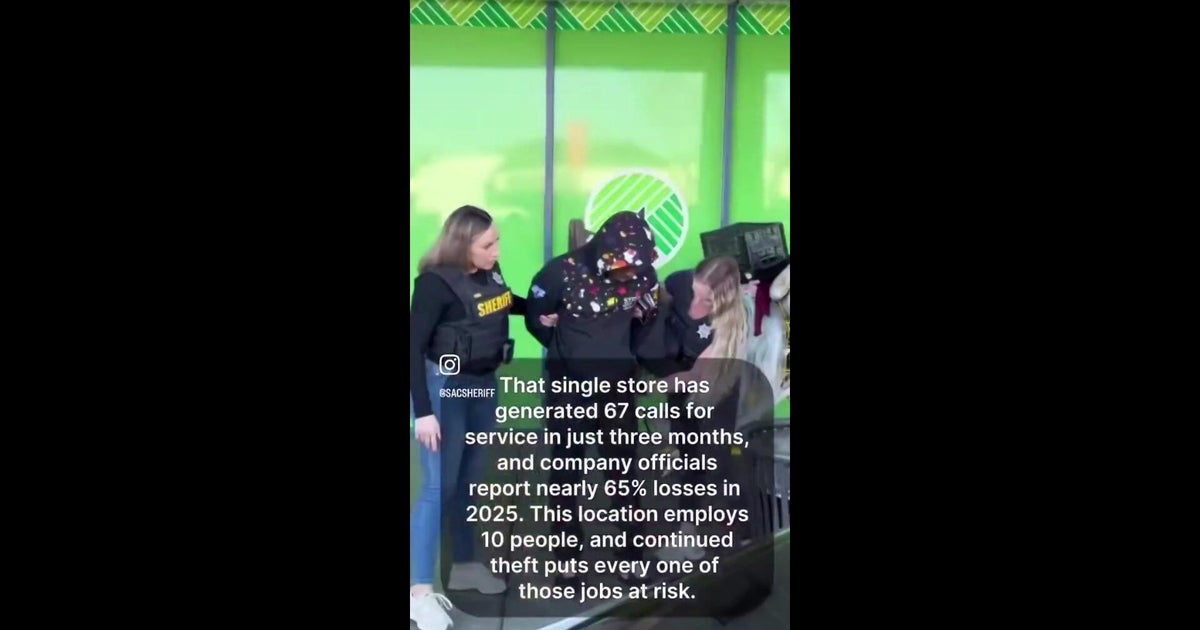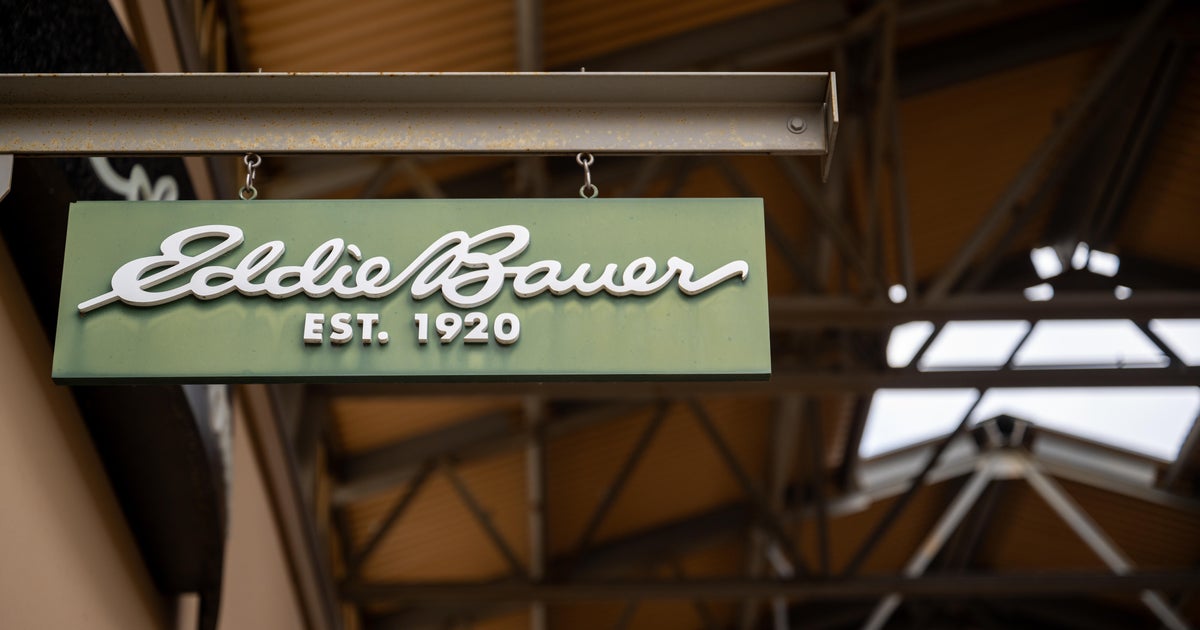As stores fight $100B in theft, some measures drive away shoppers
Organized retail crime is costing stores roughly $100 billion a year — but some measures to clamp down on the theft could be turning away shoppers.
So-called "retail shrink," the industry term for theft-related and other losses, has grown in recent years, driven by an uptick in experienced groups of thieves acting together, according to a 2022 survey from the National Retail Federation.
In 2021, retailers saw a 27% rise in theft carried out by organized criminal rings, according to the survey. Organized retail crime is not only costly, it can also be violent and dangerous for store employees and customers. E-commerce fraud is on the rise too, according to the report.
As such, stores are having to invest more money in safety and security measures to protect employees, customers and merchandise. Over half of retailers say they boosted budgets for loss prevention capital and equipment. Retailers have also shouldered the cost of hiring additional security personnel to guard stores.
Technological tools to combat theft and fraud include artificial intelligence-driven video analytics at the point of sale, locked merchandise cases, shopping cart sensors and more.
The variety of products now under lock and key has grown, too.
"We're talking about everything from baby formula, pain medicine, razors...even laundry detergent, Tide pods," Axios reporter Kelly Tyko told CBS News.
Locking up goods can backfire for the retailer. Encased merchandise, meant to deter thieves, can drive away shoppers who tire of waiting for a staffer to unlock items for them to buy.
The inconvenience of summoning a clerk to unlock deodorant or razors has caused some customers to turn to online retailers for these kinds of everyday essentials, to save time shopping.
"It's that frustration, that inconvenience, waiting for someone to unlock that case," Tyko said.
Fortunately, most customers are honest and pay for the goods they take home with them. Only about 2% of visitors to stores act in bad faith, she said.
A new law aims to crack down on organized criminal rings who steal goods for resale. The Integrity, Notification, and Fairness in Online Retail Marketplaces for Consumers Act, or the INFORM Consumers Act, goes into effect in June, and will require marketplaces to verify third-party sellers transacting a high volume of merchandise.



